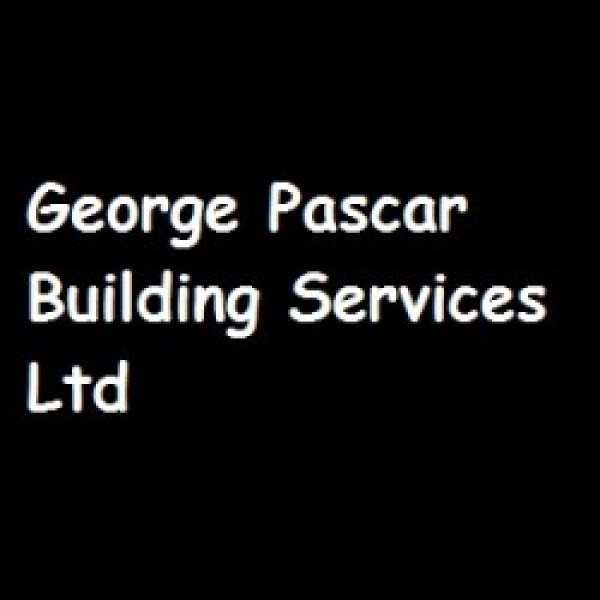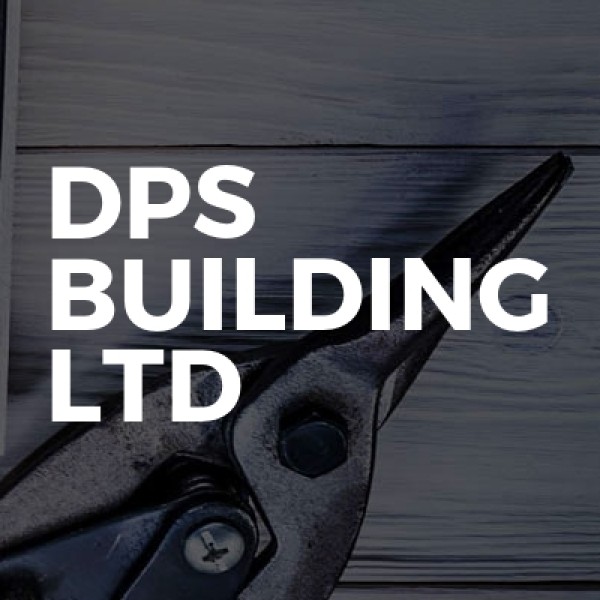Kitchen Fitters in Chelsea
Filter your search
Post your job FREE and let trades come to you
Save time by filling out our simple job post form today and your job will be sent to trades in your area so you can sit back, relax and wait for available trades to contact you.
Post your job FREESearch Kitchen Fitters in places nearby
Introduction to Kitchen Fitters in Chelsea
When it comes to transforming your kitchen into a dream space, kitchen fitters in Chelsea are the experts you need. These skilled professionals bring a wealth of experience and expertise to ensure your kitchen not only looks stunning but functions perfectly too. Whether you're planning a complete renovation or just a few updates, understanding the role of kitchen fitters can make all the difference.
The Role of Kitchen Fitters
Kitchen fitters are specialists who handle the installation of kitchen units, worktops, and appliances. They ensure everything is fitted correctly and safely, providing a seamless finish. Their work involves precise measurements, cutting, and fitting, requiring a keen eye for detail and a steady hand. They also coordinate with other tradespeople like electricians and plumbers to ensure all aspects of the kitchen are integrated smoothly.
Why Choose Kitchen Fitters in Chelsea?
Chelsea is known for its stylish homes and discerning homeowners. Choosing local kitchen fitters means you're working with professionals who understand the unique architectural styles and requirements of the area. They bring local knowledge and a reputation for quality that is essential for maintaining the high standards expected in Chelsea.
Benefits of Hiring Local Experts
- Familiarity with Local Styles: Chelsea kitchen fitters are well-versed in the latest trends and traditional styles that suit the area.
- Quick Response Times: Being local means they can respond quickly to any issues or changes during the project.
- Established Reputation: Local fitters often have a strong reputation to uphold, ensuring they deliver top-notch service.
Planning Your Kitchen Renovation
Before diving into a kitchen renovation, it's crucial to have a clear plan. This involves setting a budget, deciding on a style, and understanding the scope of work. Kitchen fitters in Chelsea can assist with this planning phase, offering advice on materials, layouts, and designs that will maximise your space and budget.
Setting a Realistic Budget
One of the first steps in planning is setting a budget. Consider all aspects of the renovation, including materials, labour, and unexpected costs. Kitchen fitters can provide estimates and help you prioritise spending to get the most value from your investment.
Choosing the Right Style
Whether you prefer a modern, sleek look or a classic, cosy feel, your kitchen's style should reflect your personal taste and complement your home's overall design. Kitchen fitters can show you samples and examples of previous work to help you decide.
Understanding the Installation Process
The installation process is where kitchen fitters truly shine. They manage everything from removing old units to fitting new ones, ensuring each piece is perfectly aligned and secure. This process requires precision and patience, as even a small mistake can affect the entire kitchen's functionality.
Step-by-Step Installation
- Initial Assessment: Fitters assess the space and take detailed measurements.
- Removal of Old Units: Carefully dismantling and disposing of old kitchen units.
- Preparation of Space: Ensuring walls and floors are ready for new installations.
- Fitting New Units: Installing cabinets, worktops, and appliances with precision.
- Final Adjustments: Making sure everything is aligned and functioning correctly.
Working with Other Tradespeople
Kitchen fitters often collaborate with electricians, plumbers, and tilers to complete a kitchen renovation. This teamwork ensures that all elements, from lighting to plumbing, are installed correctly and safely. Good communication between tradespeople is essential for a smooth project.
The Importance of Coordination
Coordinating with other professionals helps avoid delays and ensures each aspect of the kitchen is completed in the correct order. Kitchen fitters in Chelsea are experienced in managing these relationships, ensuring your project stays on track.
Materials and Finishes: Making the Right Choices
Choosing the right materials and finishes is crucial for both the look and durability of your kitchen. Kitchen fitters can guide you through options for cabinets, worktops, and flooring, considering factors like maintenance, cost, and aesthetics.
Popular Material Choices
| Material | Pros | Cons |
|---|---|---|
| Granite | Durable, heat-resistant | Expensive, requires sealing |
| Laminate | Affordable, easy to clean | Less durable, can chip |
| Wood | Warm, natural look | Requires maintenance, can stain |
Ensuring Quality and Safety
Quality and safety are paramount in any kitchen renovation. Kitchen fitters in Chelsea adhere to strict standards to ensure your kitchen is not only beautiful but safe to use. This includes proper installation of gas and electrical appliances and ensuring all fittings are secure.
Safety Standards and Regulations
Adhering to safety standards is crucial, especially when dealing with gas and electricity. Kitchen fitters ensure all installations comply with local regulations, providing peace of mind that your kitchen is safe for everyday use.
Aftercare and Maintenance
Once your kitchen is installed, proper aftercare and maintenance will keep it looking and functioning like new. Kitchen fitters often provide guidance on how to care for different materials and finishes, ensuring longevity and durability.
Tips for Maintaining Your Kitchen
- Regular Cleaning: Keep surfaces clean to prevent stains and damage.
- Check Seals and Joints: Regularly inspect seals and joints for wear and tear.
- Appliance Maintenance: Follow manufacturer guidelines for appliance care.
Frequently Asked Questions
- How long does a kitchen fitting take? The duration varies depending on the size and complexity of the project, but typically it takes 1-3 weeks.
- Can I use my kitchen during the renovation? It's best to plan for limited use, as the space will be a work zone.
- Do kitchen fitters provide design services? Many fitters offer design consultations to help plan your kitchen layout.
- What if I need changes during the installation? Communicate with your fitter as soon as possible to discuss potential adjustments.
- Are there eco-friendly options for kitchen materials? Yes, many sustainable materials are available, such as bamboo and recycled glass.
- How do I choose the right kitchen fitter? Look for experience, positive reviews, and a portfolio of past work to ensure quality service.
Final Thoughts on Kitchen Fitters in Chelsea
Choosing the right kitchen fitters in Chelsea can transform your kitchen into a space that is both functional and beautiful. With their expertise, you can navigate the complexities of a kitchen renovation with ease, ensuring a result that meets your needs and exceeds your expectations. Whether you're updating a few elements or undertaking a full renovation, the right professionals will make all the difference in achieving your dream kitchen.





































